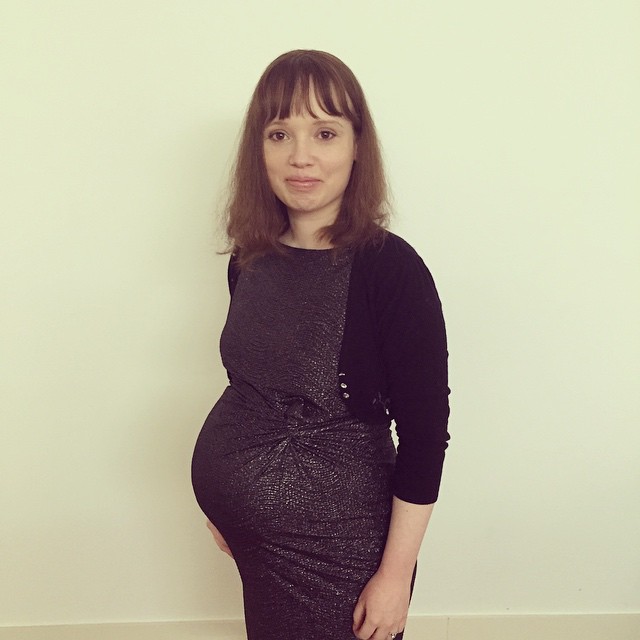 I didn’t give enough thought to how my son would be born. I just knew it would be painful. I would put the baby clothes, we bought, to my bump and wonder at just how lucky we were to be having a child. It felt like such a happy miracle it didn’t even feel real, even as he kicked inside me. Little did I know just how hard his birth would be.
I didn’t give enough thought to how my son would be born. I just knew it would be painful. I would put the baby clothes, we bought, to my bump and wonder at just how lucky we were to be having a child. It felt like such a happy miracle it didn’t even feel real, even as he kicked inside me. Little did I know just how hard his birth would be.
I went into labour with a positive mindset. I am a worrier by nature so I can’t say there were not moments when I did not contemplate the worst, but overall, I was feeling strong, happy and positive. We were so excited to finally meet our son. For such a worrier, I wasn’t that worried. The human race has survived thousands of years. Women have given birth at home, in caves and even in cars. It was going to hurt but I have always had a high pain threshold. I was confident I could manage the birth. So when I went into labour on a Sunday evening I did not think it would be long until we met our child. What followed was over 80 hours of hell followed by something glorious: a C section.
A lot of negativity is said about the C section. Some people claim it is the easy choice, it isn’t, the recovery is a bitch. Others say it isn’t natural, it may not be ‘natural’ but it has saved countless human lives so hurray for medical science. I, however, have nothing but praise. After 80 hours of labour our son was in distress, the umbilical cord was wrapped around his neck twice and his heartbeat kept on dropping. I switched off and just concentrated on the best case scenario, knowing that panic would just make the situation worse.
As the surgeon who did my caesarean explained why I should have an emergency caesarian she looked almost like an angel to me. Within twenty minutes, my son was born. The obstetrician team at Kingston Hospital who did my C section were amazing. Despite being paralysed from the waist down and being naked underneath my hospital gown I felt safe. They were truly wonderful and I still think of them when I look at my little boy. My little boy who’s life they saved. The midwife even stayed with me the entire time, from the morning when my baby was in distress, until just after noon when he was born. There is an obsession with natural birth these days, and as I was wheeled into the theatre I did feel like I had failed, but the only thing that really matters about childbirth is a healthy mother and child. How that happens doesn’t matter in the end, and that is never more true than when they put the baby in your arms. My C section was not only a positive experience, it saved the life of my son. What could possibly be negative about that?
